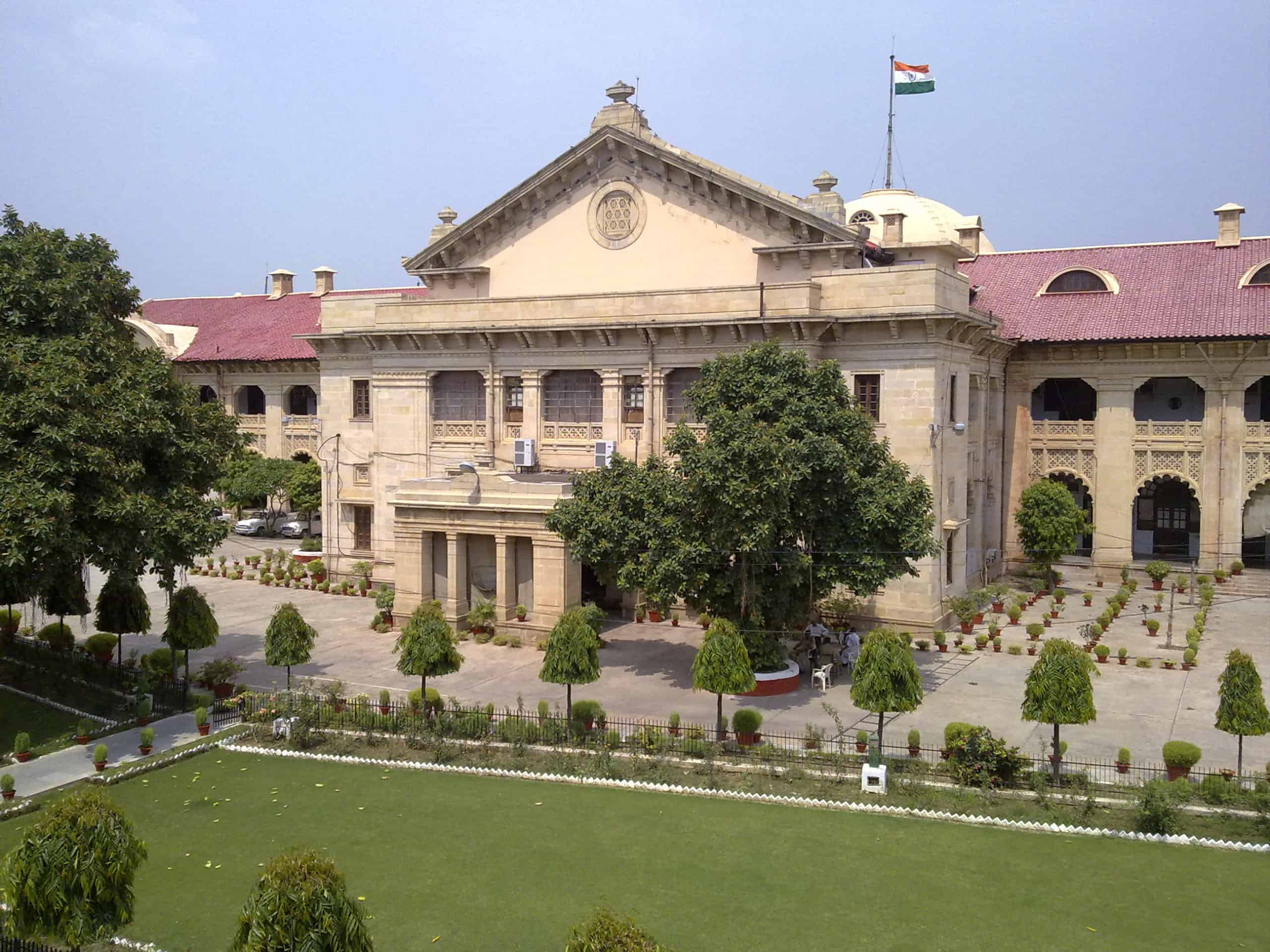Noting that the air quality in Delhi had “started improving”, the Supreme Court on Friday asked the Centre’s Air Quality Commission to take a decision on relaxing restrictions imposed by the court on sources of pollution — including industries, constructions and factories — in the capital.
A Special Bench led by Chief Justice of India N.V. Ramana asked the panel to look into the issue within a week.
The court left it to the panel to consider requests made by industry-owners and others affected parties for a peronal hearing and take their inputs. This factum was mentioned in the court order after various commercial and construction enterprises who had projects under way and were affected by the restrictions, urged the court to allow them to make representations before the commission.
“All we want is a quick decision from the commission… Paddy season is on. The restrictions on rice manufacturers have to be relaxed… sugar manufacturers have got relaxation,” senior advocate Kapil Sibal, for rice manufacturers, submitted.
“Mr. Sibal, we are all in Delhi. We know the condition… just now things have started improving. They [the commission] will take a decision,” Chief Justice Ramana observed orally.
The court had earlier ordered the regulation of construction and the operation of factories using unclean fuel. It had banned the entry of polluting trucks not carrying essential goods into Delhi. The Delhi government had also closed educational institutions.
The commission had, in a previous hearing, said that thermal plants within a 300-km radius of Delhi would continue to be regulated. Only five of 11 plants were functional. The rest would remain inoperative till December 15.
Solicitor-General Tushar Mehta, speaking for the commission, said long-term anti-pollution measures were already “under contemplation”.
During the last hearing on December 3, the commission informed the court about the creation of an ‘Enforcement Task Force’ and flying squads to prevent and penalise polluters in Delhi NCR.
Mr. Mehta had, at the time, informed the court that 17 flying squads had been formed thus far and this number would be increased to 40 in the next 24 hours. The court, in a hearing on December 2, had questioned the very purpose of having the Air Quality Commission as pollution levels continued to rise unabated. It had given the Centre a 24-hour deadline to act.
On Friday, senior advocate A.M. Singhvi, for the Delhi Government, highlighted that the dip in pollution levels had been considerable. “It shows very, very good figures for Delhi,” he submitted.
Mr. Singhvi, however, highlighted the case of Indira Gandhi hospital, which had expanded its bed count from 700 beds to 1,240. He said the hospital needed external development.
The court mentioned orally that the commission was participating in the hearings and the Bench could not go into individual cases.
The court further directed Uttar Pradesh and Rajasthan to pay wages to construction workers from the welfare cess. This direction was made in response to a submission that wages had not been paid to them so far. The court directed the two States to file compliance affidavits.
Source Link



